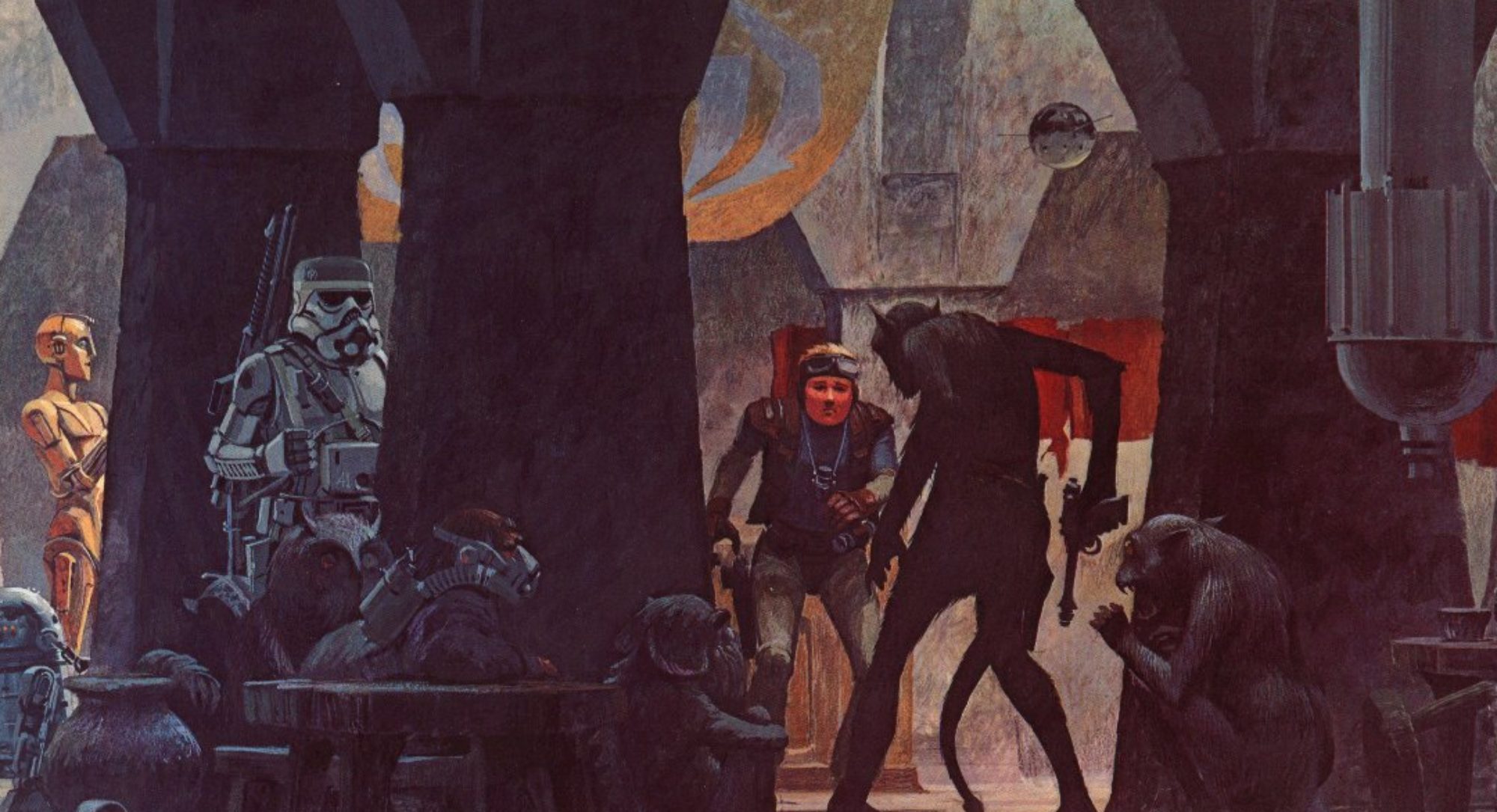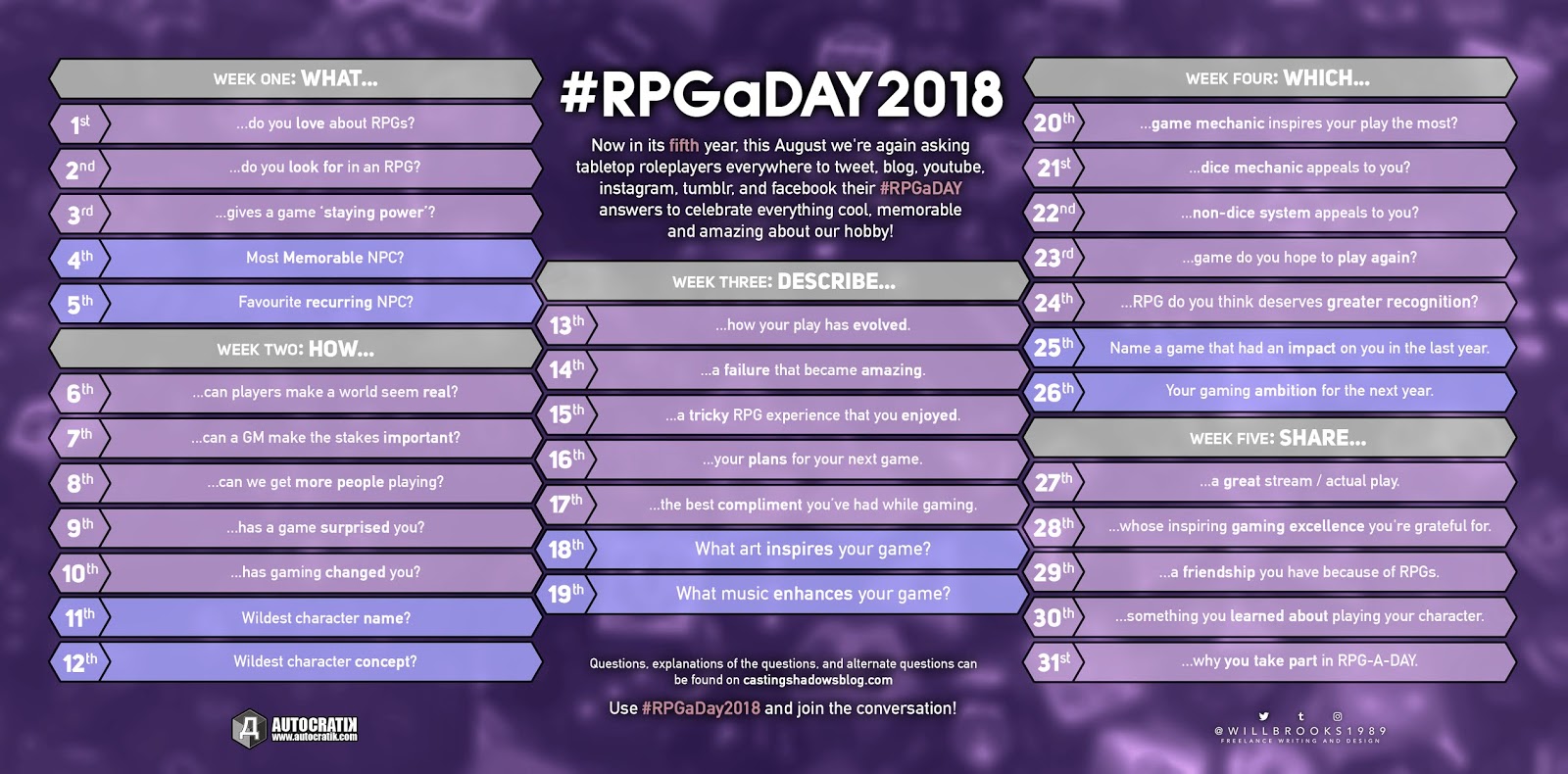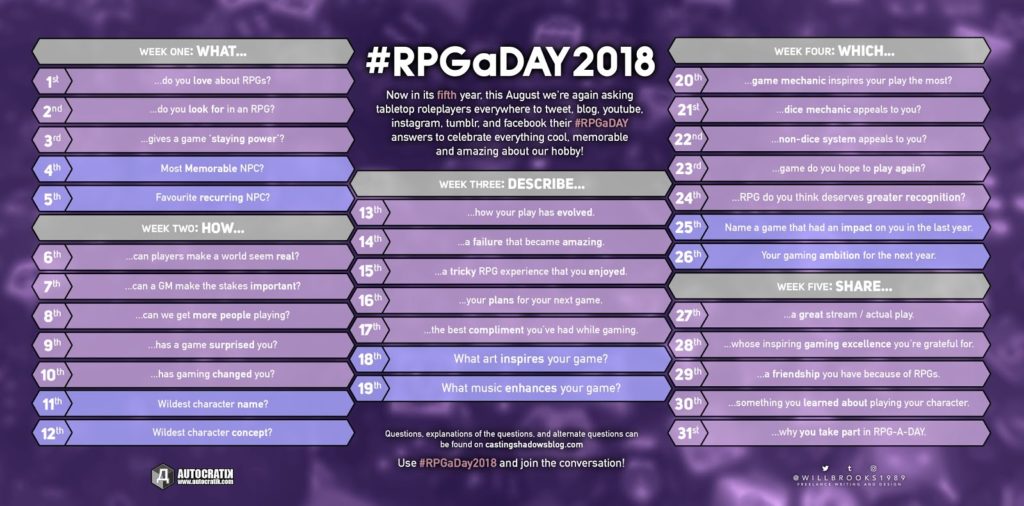Which RPG do you feel deserves greater recognition?
Honest answer: Everything that’s not D&D.
Right now, we are in the midst of a tabletop RPG popularity renaissance, exceeding even the previous high mark of the early 1980s. But largely, this is almost exclusively limited to Dungeons & Dragons.
For example — when Joe Manganiello went on Steven Colbert’s show and they did an unprecedented nationally-broadcast chat about their shared nerdy hobby, they talked not about tabletop RPGs in general, but D&D.
This makes sense — honestly, the game is the 800-lb gorilla that created the entire hobby. I’ve been working as a professional game designer for 25 years, and I still shorthand the stuff I do with “it’s like D&D.” We all do.
The fact is, there are a bunch of inventive, creative, brilliant and hard-working people pouring their hearts into amazing work out there — and none of it gets the attention of Dungeons & Dragons. I guarantee you that when they talk about their creations, a small part of them dies a little inside when they have to downshift their explanation to “…it’s a bit like D&D.” And that’s not even talking about the money — a little more attention paid to non-D&D RPGs might not make a dent in Wizards Of The Coast’s bottom line, but could make the difference in being able to continue doing this, for the average indie designer.
There’s so much great stuff out there. It all deserves more recognition.
&nsbp;



